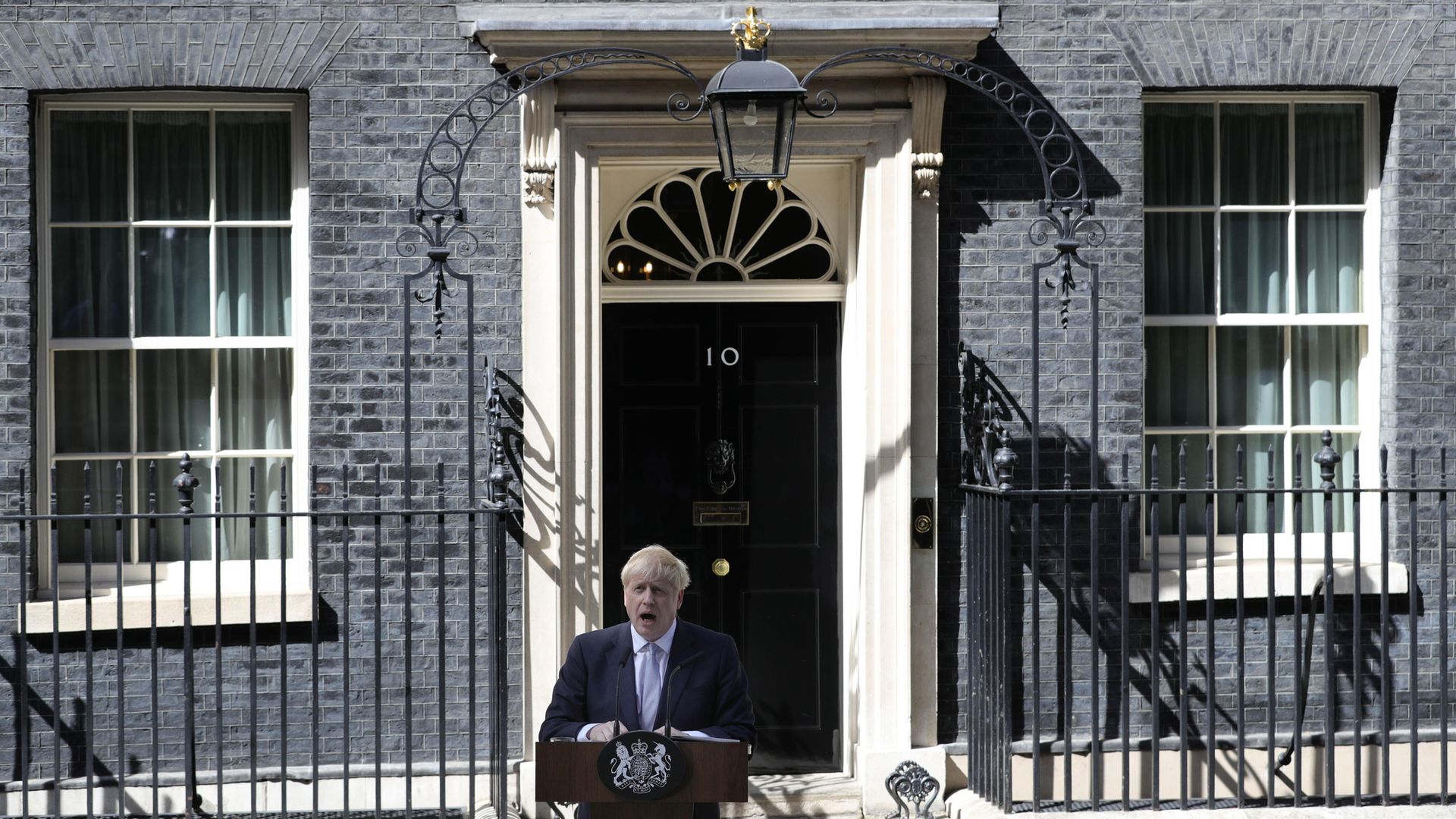
James Ball’s piece about social care misses one important point: the unfairness of the present system.
In 2011, the Dilnot Report pointed out that “this is the only major area of life in which everyone faces significant financial risk, but no one is able to protect themselves against it”. Nobody can know how much social care they may need at the end of their lives, or what it might cost. A quarter of people require none, and three out of four old people will spend less than £20,000 (2011 prices). But for one in ten the costs will exceed £100,000, sometimes far more.
This is a classic case for insurance, where everyone contributes a modest sum to pay for the minority who need to claim. That is how we pay for the NHS, but social care is a muddle of systems where some win and others lose for no good reason, creating anxiety for older people, and underfunding for those who provide care.
Because most people believe that social care is free, like the NHS, there is little political pressure to reform the system, despite repeated reports and recommendations. Although the Dilnot proposals were broadly supported across the political spectrum, the government has dithered.
In 2011, they panicked at the thought of the cost, which Dilnott estimated as less than £3.6 billion a year. To put this in perspective, the Bank of England’s quantitative easing programme has created £1.7 trillion over the last ten years.
It was never the case that we can’t afford to relieve older people of the uncertainty and distress caused by the present system, nor that we couldn’t pay those who provide the care properly. It is ten years since the government was given the “oven-ready” plan which Boris Johnson promised. It is time to honour that promise.
Stephen McNair
Coltishall
• Have your say by emailing letters@theneweuropean.co.uk. Our deadline for letters is Monday at 9am for inclusion in Thursday’s edition. Please be concise – letters over five paragraphs long may be edited before printing.
Warning: Illegal string offset 'link_id' in /mnt/storage/stage/www/wp-includes/bookmark.php on line 357
Notice: Trying to get property 'link_id' of non-object in /mnt/storage/stage/www/wp-includes/bookmark.php on line 37






